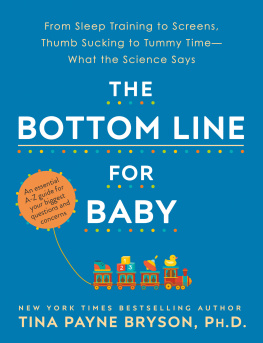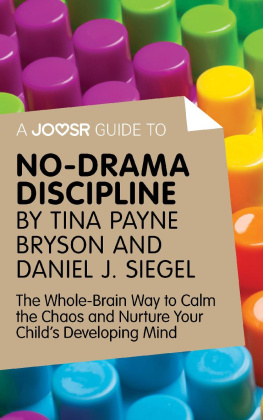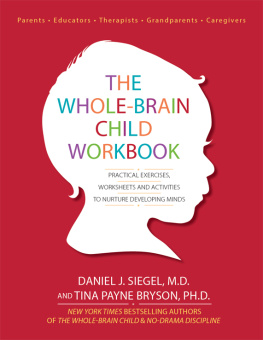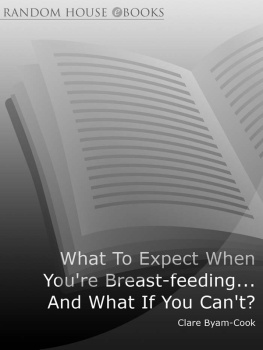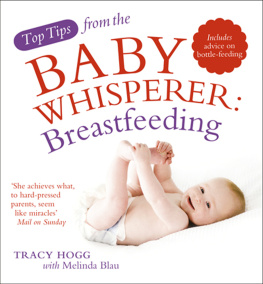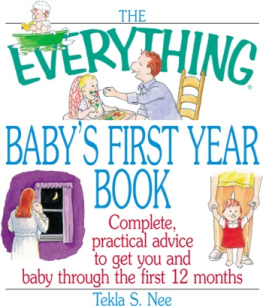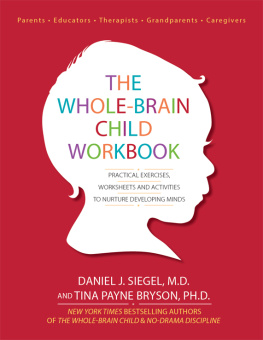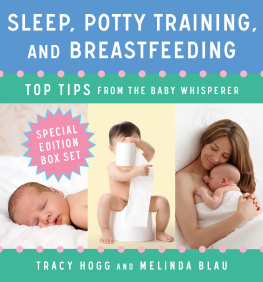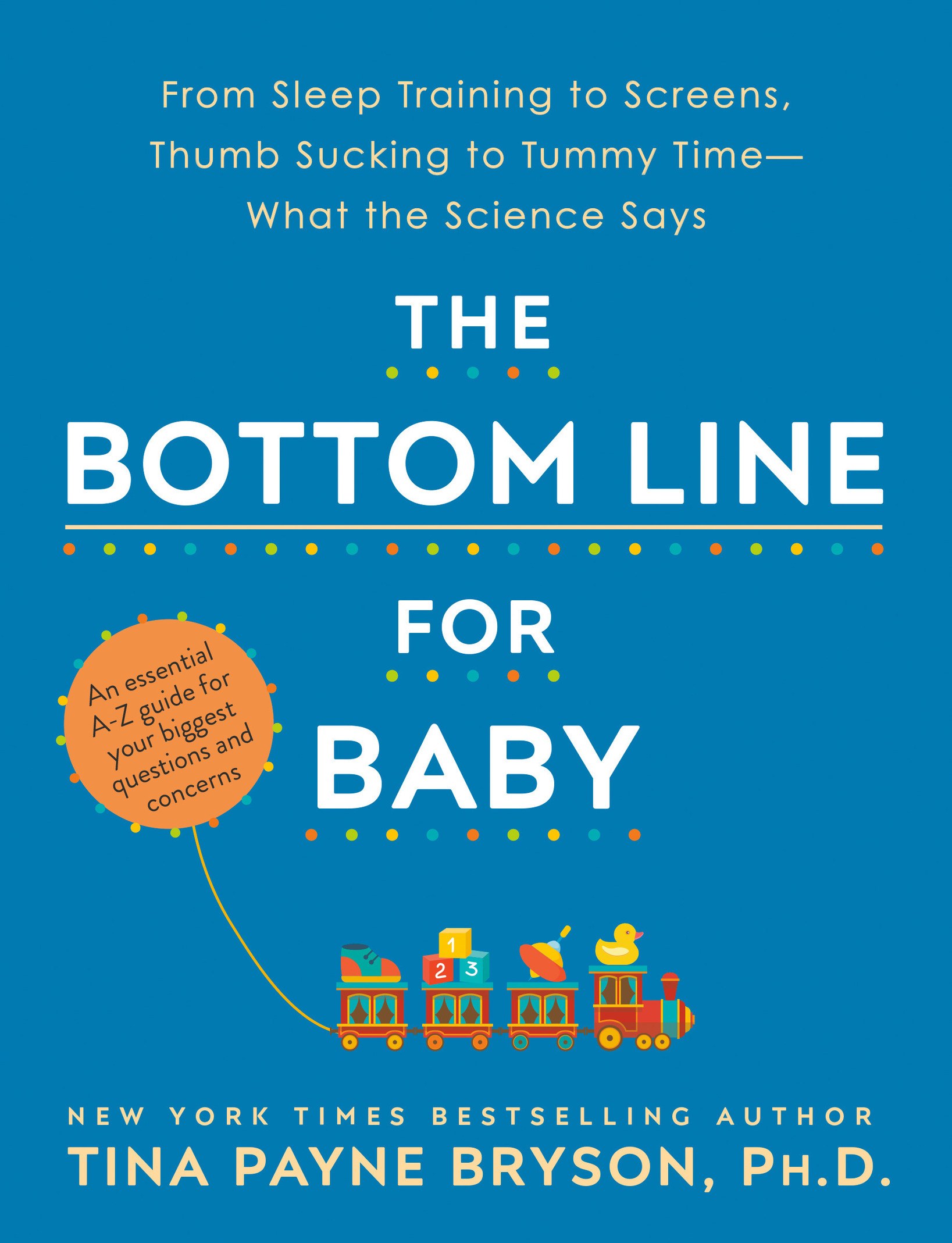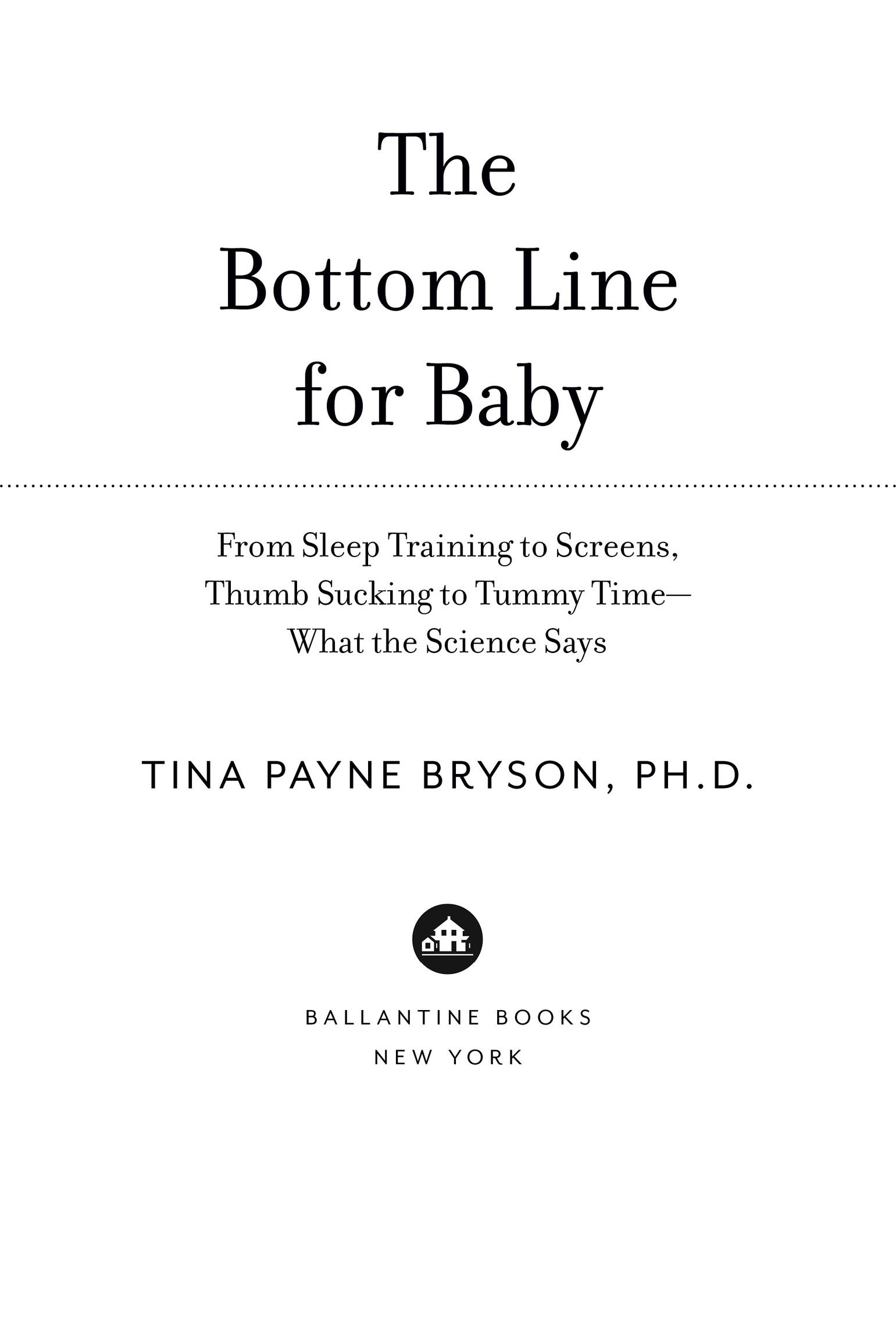Contents
Landmarks
Print Page List
No book can replace the diagnostic expertise and medical advice of a trusted physician. Please be certain to consult with your doctor before making any decisions that affect you or your familys health, particularly if you suffer from any medical condition or have any symptom that may require treatment.
Copyright 2020 by Tina Payne Bryson, Inc.
All rights reserved.
Published in the United States by Ballantine Books, an imprint of Random House, a division of Penguin Random House LLC, New York.
B ALLANTINE and the H OUSE colophon are registered trademarks of Penguin Random House LLC.
LIBRARY OF CONGRESS CATALOGING-IN-PUBLICATION DATA
Names: Bryson, Tina Payne, author.
Title: The bottom line for baby / Tina Payne Bryson, Ph.D.
Description: New York: Ballantine Books, [2020] | Includes bibliographical references and index.
Identifiers: LCCN 2019053246 (print) | LCCN 2019053247 (ebook) | ISBN 9780593129968 (trade paperback; alk. paper) | ISBN 9780593129975 (ebook)
Subjects: LCSH: InfantsCare. | InfantsDevelopment. | Parent and infant. | Infant psychology.
Classification: LCC RJ61 .B8736 2020 (print) | LCC RJ61 (ebook) | DDC 618.92/02dc23
LC record available at https://lccn.loc.gov/2019053246
LC ebook record available at https://lccn.loc.gov/2019053247
Ebook ISBN9780593129975
randomhousebooks.com
Book design by Diane Hobbing, adapted for ebook
Cover design: Belina Huey
Cover illustrations: iStock/Getty Images
ep_prh_5.5.0_c0_r0
Contents
There is no other species on Earth that does science. It is, so far, entirely a human invention, evolved by natural selection in the cerebral cortex for one simple reason: it works. Its not perfect. It can be misused. Its only a tool. But its by far the best tool we have, self-correcting, ongoing, applicable to everything.
CARL SAGAN , Cosmos
Introduction
Two images come to mind when I think about the origin of this book.
The first is of a middle-aged neonatal nurse in her hospital green, checking my blood pressure mere hours after my first child was born. Id been pestering this woman with a multitude of new-mother questions and worriesWhy isnt he latching on? Is it OK to put him next to me while hes sleeping? When we get home, can our dog sleep near the crib? Then finally, in response to a question about pacifier use and nipple confusion, she stopped me by holding up her palm. Without even looking up from the pressure gauge, she told me flatly, in her West Texas accent, Honey, look. Whatever you decide about all that stuff, hell live.
She clearly meant well and wanted to reassure me, but I was taken aback. I didnt respond, but I remember thinking, Thats not really my goal here! Mere survival? Im aiming higher than that.
I didnt know exactly what it was I wanted for my new baby, but I knew it had to do with helping him be happy and healthy, both mentally and physically. I wanted him to love life and enjoy meaningful relationships, to contribute to his world. Granted, that overworked nurse didnt really mean that a parents job was simply to help their child reach adulthood without suffering major injuries. But her comment set me exploring along a road that led to the writing of this book.
The other image I think of is from a few months later. In this one Im sitting on the floor beside my husband in the parenting section of a bookstore in San Antonio. I dont remember what had stumped us at this particular moment, but I know that in our sleep-deprived state, we were paging through book after book as we tried to figure out how we wanted to do things for our newborn, sleeping in the stroller next to us. We felt completely overwhelmed, not only because of the sheer amount of information we encountered but also because so much of it was contradictory.
It was the same with the advice I received from everyone in my life. Our family, our friends (some with kids and some without), a random woman at a restaurant, the produce guy at the grocery storeit seemed like everyone I met had advice about what I should do with my son. Though it was obviously well intended, their input was sometimes outdated, often unhelpful, and, again, consistently contradictory. One person said I should sleep with my baby. Another warned that I shouldnt even talk to him at night, much less hold him. One person urged me to get him on a schedule right away. Another stressed that I should simply respond to his needs and requests. The information storm left me feeling completely untethered.
Now, twenty years later, Im the mother of three boys, Im a trained mental health and child development professional, and Ive built a career studying, researching, writing, and talking with other parents about the joys and struggles of raising kids. Ive read article after article in scientific journals from many different fields of study, as well as from popular parenting magazines and online sources. Ive read countless parenting and child development books. And over the last few years Ive written several parenting books with my good friend, mentor, and colleague Dan Siegel. For me its been a quest to find out whats most important when raising childrenso that we can help them do a lot more than just survive.
Based on what Ive learned from my own reading and research, and from talking to parents about what works best for them, its clear that one of the primary challenges of raising a child is gathering the best possible information from trusted sources, considering your childs individual uniqueness, and then listening to your instincts, values, and principles. But thats not easy when youre faced with the astounding volume of parenting information online, fed to you via social media and often written in a provocative, clickbait kind of way. How are you supposed to know which information is accurate and trustworthy?
What I want to do here is help you wade through the cacophony of voices clamoring to tell you what to do with your baby. Ill help you discover the most up-to-date information about the issues and questions youre facing so that you can make the best decisions about your child. In the coming pages well tackle together the most common, critical, controversial, and confusing questions that new parents wrestle withrelated to breastfeeding, sleep scheduling, vaccinations, discipline, and whatever else youre wondering and worrying about. My goal is to provide you with clear, accessible information based on the latest science, and for each individual topic I aim to demystify the issue so that you can concentrate on what matters most and more easily make your best decisions for your family.
Notice that I keep talking about which decisions you, the mom or dad (or grandparent or other primary caregiver), make. Families come in all shapes and sizes, and theres rarely a one-size-fits-all set of data that answers all questions for all families. My goal is therefore to provide you with the information that lets you make your own best decision. Of course its helpful to listen to experts and consider science when making decisions about your child. Thats the fundamental principle this whole book is based on. Knowledge is power, and most of us step into parenting not knowing much about all the details and decisions and options and science available to us. Thats why we listen to others. And yes, its important that you question your own preconceived opinions and biases when faced with new information.

